Outcome Congolese elections claimed to be false: Kabila still in control?

On the 10th of January opposition candidate Felix Tshisekedi was announced winner of the Congolese presidential elections. After an extensive ruling period by President Kabila (since 2001), the election of an opposition leader could be a step in the right direction for the Democratic Republic of Congo. However, Martin Fayulu, a second opposition candidate, claims the elections were rigged and that he is the true winner. Several pieces of evidence support his claim. A year ago, Foundation Max van der Stoel talked about this subject during the political café on the (non)sense of elections in Congo. Here we discussed that the result of new democratic elections could be the first peaceful transfer of power since independence in 1960.
Twenty-five years of the European Forum for Democracy and Solidarity

–
A test for Georgia
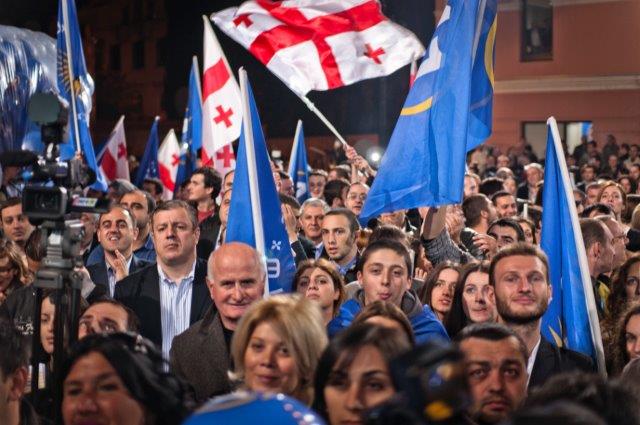
A fierce campaign raged in Georgia in recent weeks. Yesterday, the second round took place of a presidential election that made it unprecedentedly exciting in the first round: the difference between the winner and the number two was less than 1%. The ruling party, Georgian Dream (GD), is backing an independent candidate, Salome Zurabishvili, against the opposition United National Movement (UNM) candidate, Grigol Vasjadze. The powerful GD threw everything into the fray, resulting in a huge mobilisation. This was also visible: the entire government campaigned and in capital Tbilisi, gigantic posters of Zurabishvili hung everywhere you looked. It worked: some 98% of the votes have now been counted and of these, she has 60% versus Vashadze's 40%.
Tunisia awaits turbulent election year
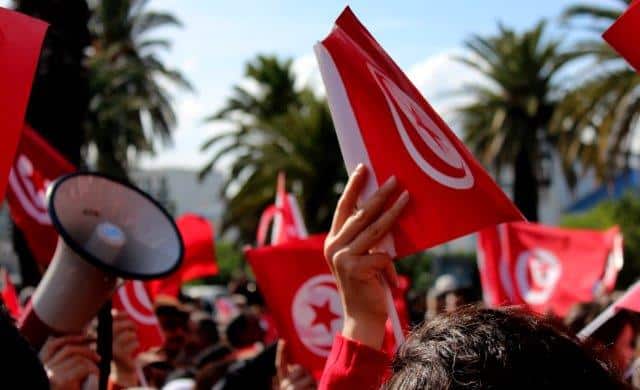
With a year to go before the parliamentary elections, the political scene in Tunisia is already changing considerably. While the seculars still managed to unite in 2014, the Nidaa Tounes party is falling apart bit by bit in the run-up to the elections. The prime minister is changing ministers without the consent of his own party and already a number of parliamentarians decide to switch to another group. Meanwhile, the largest trade union further strains relations with a mass protest against the government's economic policies.
Public meeting: 'Young Generations for the New Western Balkans: Beyond Emigration'
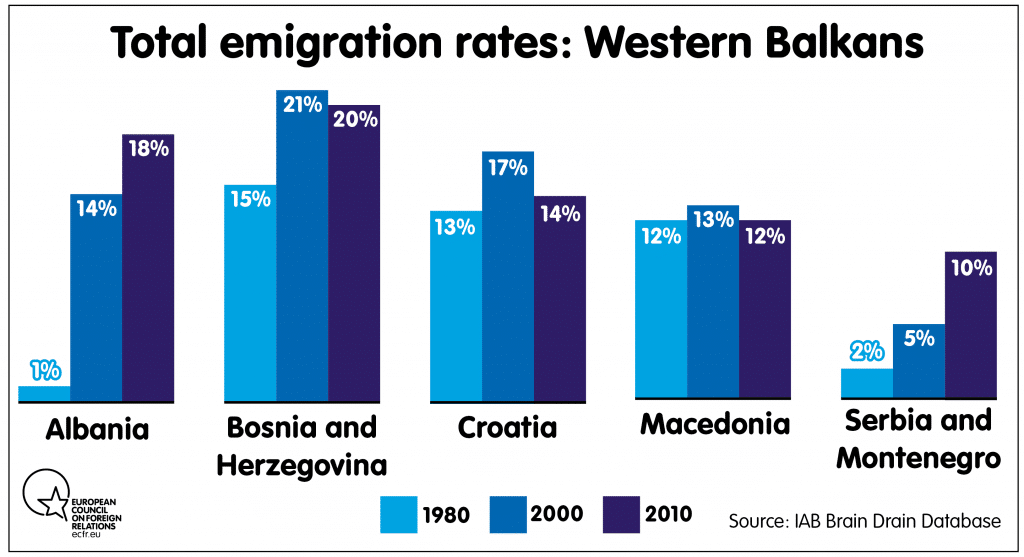
Recent research shows that between 25,000 - 40,000 people are annually leaving each of the Western Balkans countries. Not only young people, but increasingly the middle class as well. A group of young scientist from the region has engaged in a project 'New Horizons for the Young Generations in the Balkans' in order to discuss their visions how to overcome old- fashioned politics and nationalisms and the lack of perspective for younger generations. They will sketch alternative horizons and the look for alternatives for South-Eastern Europe's way beyond emigration. The Hague will be the first place in Europe after Vienna where the results of the mentioned initiative will be presented to the public.
Will you become one of our new interns?
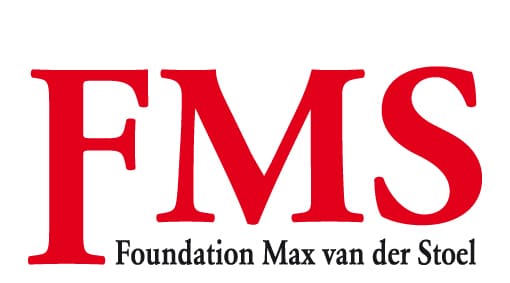
The FMS, in cooperation with the European Forum for Democracy and Solidarity and Building Change, is looking for four interns for the period from January (/February) to June!
Gender training in Serbia brings progressives together

On the weekend of 26-28 October, Foundation Max van der Stoel, in cooperation with the Center of Modern Skills (CMV), organised a gender training for progressive parties and movements in Serbia that are part of the Alliance for Serbia, a new opposition movement. FMS trainers Jamila Aanzi and Sonja Lokar travelled to Vojvodina province to deliver the training.
Same-sex marriage ban not included in Romanian constitution after all
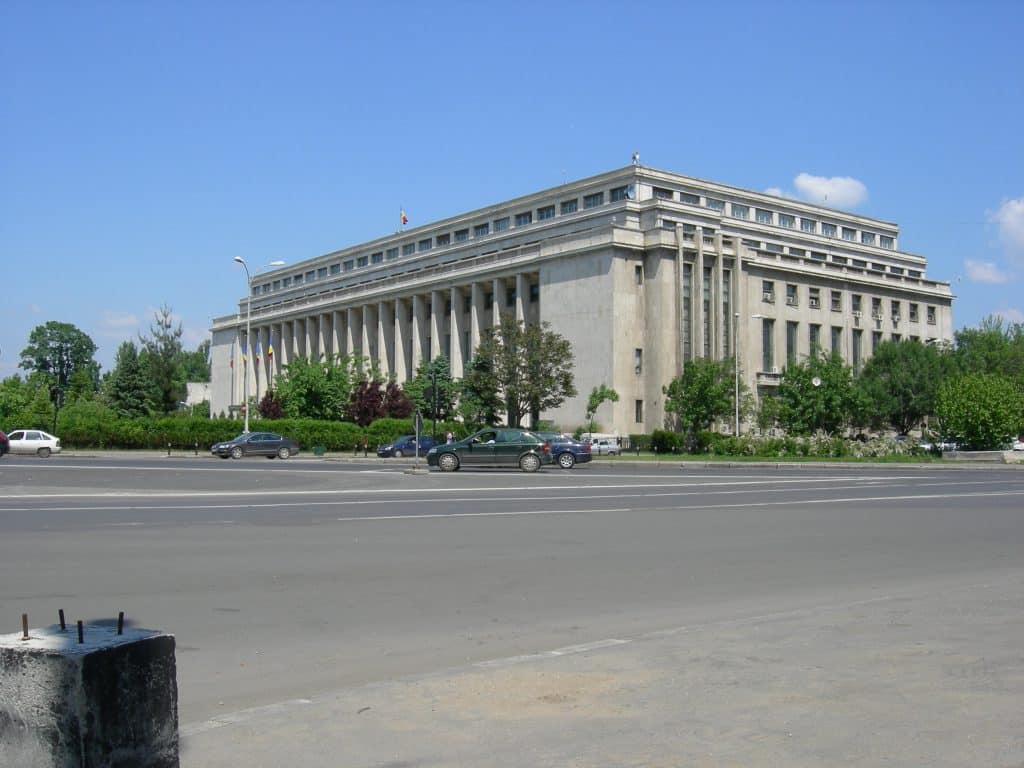
In a country where an overwhelming majority is conservative Christian and the churches are full, same-sex marriage has little support. Yet it failed to get a ban in the constitution.
Future at stake in historic referendum Macedonia
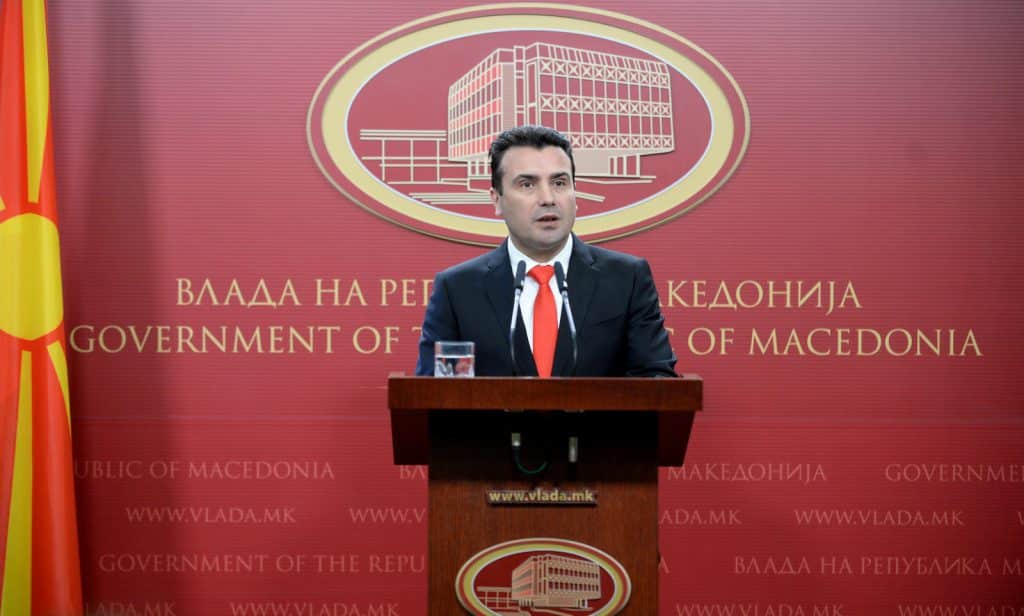
This article previously appeared in the Volkskrant
The referendum next Sunday is a historic moment for Macedonia itself but a positive outcome also offers hope for democratic forces in south-eastern and eastern Europe, which are increasingly weighed down by authoritarian regimes, argues Danijel Tadic, south-eastern Europe expert at the Max van der Stoel Foundation.
First test for new government in Armenia
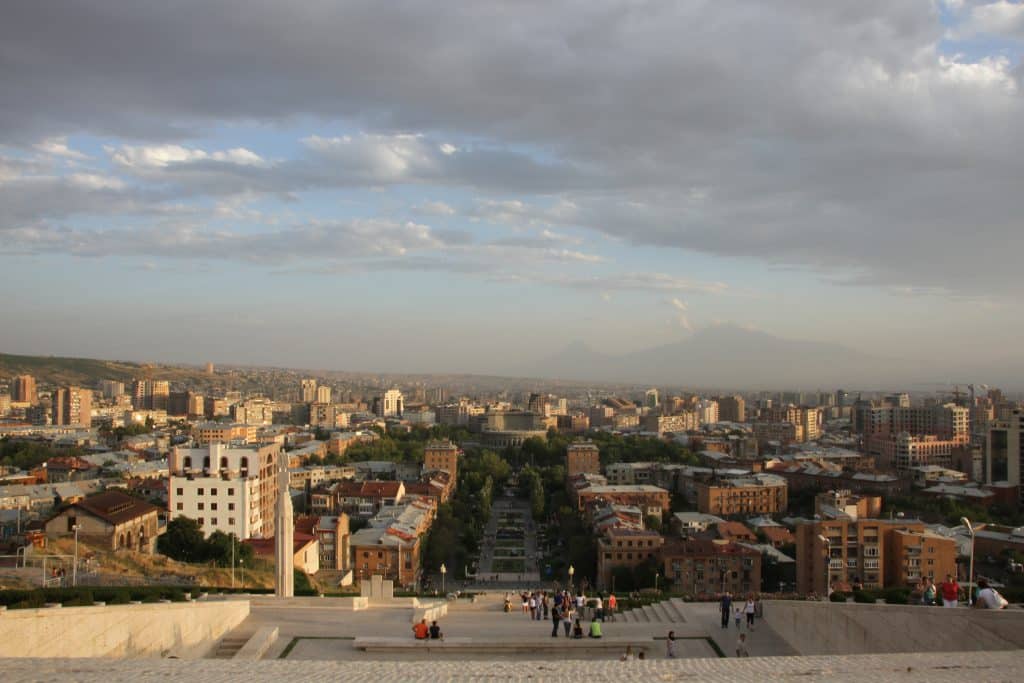
Last Sunday, local elections took place in Yerevan, the capital of Armenia. This would not normally be big news, were it not for the fact that these were the first elections since the peaceful revolution in the country earlier this year. AND the fact that some 40% of all voters live in the capital. This election was therefore seen as a first real test for the post-revolutionary government of Prime Minister Nikol Pashinjan. Especially since after taking office in May, following massive protests led by him, he set early parliamentary elections as one of his priorities. These, he said, will take place before May 2019. The Yerevan elections were thus a milestone because they would provide preliminary answers to two crucial questions: is the country indeed freer and more democratic than before, and can the newly-elected Prime Minister still count on the massive support of his people in the early parliamentary elections?

